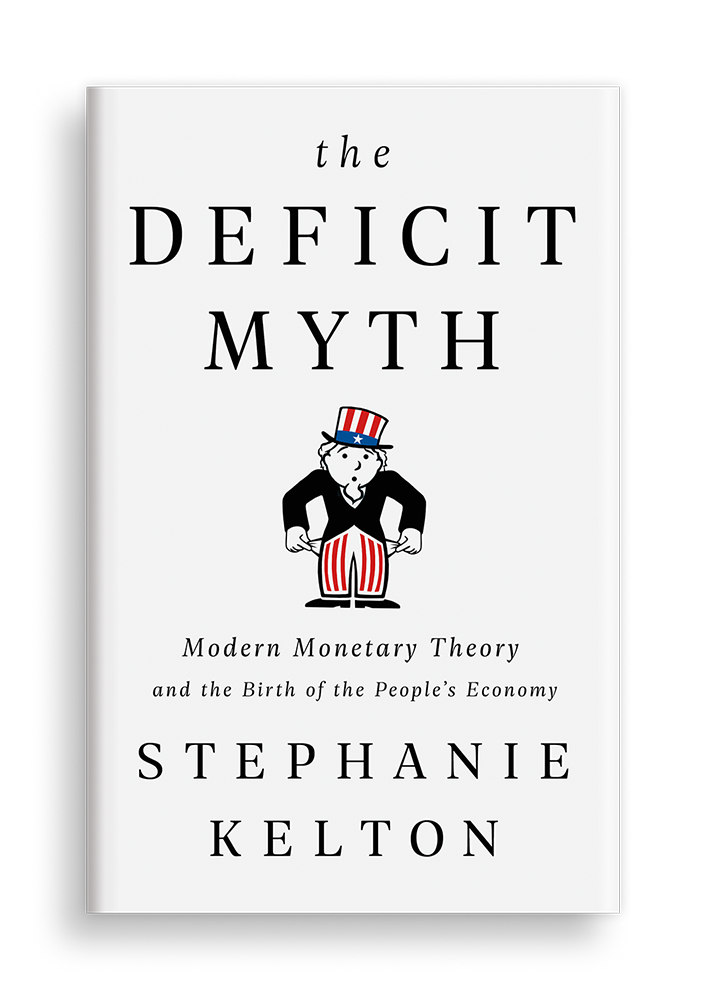
Hanks, a famous collector of typewriters, has put them to use once before, in a short story collection that came out in 2017.

This novel, if nothing else, gives you a sense of that experience in real time. Part of its motivation appears to be to give a proper flavour of that truism of movie making: that so much of it is waiting around three days sitting in a trailer for a minute or two of drama that might end up in a digital suite trash can. Reading it is to be reminded that Hanks, one of the greatest of all movie stars, must have had a good deal of time on his hands during lockdown. Or as Tom Hanks observes in this ambitious addition to the genre: “making movies is complicated, maddening, highly technical at times”. With its important new ways of understanding money, taxes, and the critical role of deficit spending, MMT redefines how to responsibly use our resources so that we can maximize our potential as a society.T here is probably a good reason why it is hard to compile a list of decent novels about the making of films (I can think of one, Terry Southern’s Blue Movie): nothing much happens. MMT, as Kelton shows, shifts the terrain from narrow budgetary questions to one of broader economic and social benefits. Kelton busts through the myths that prevent us from taking action: that the federal government should budget like a household, that deficits will harm the next generation, crowd out private investment, and undermine long-term growth, and that entitlements are propelling us toward a grave fiscal crisis.


Any ambitious proposal, however, inevitably runs into the buzz saw of how to find the money to pay for it, rooted in myths about deficits that are hobbling us as a country. Stephanie Kelton's brilliant exploration of modern monetary theory (MMT) dramatically changes our understanding of how we can best deal with crucial issues ranging from poverty and inequality to creating jobs, expanding health care coverage, climate change, and building resilient infrastructure.


 0 kommentar(er)
0 kommentar(er)
